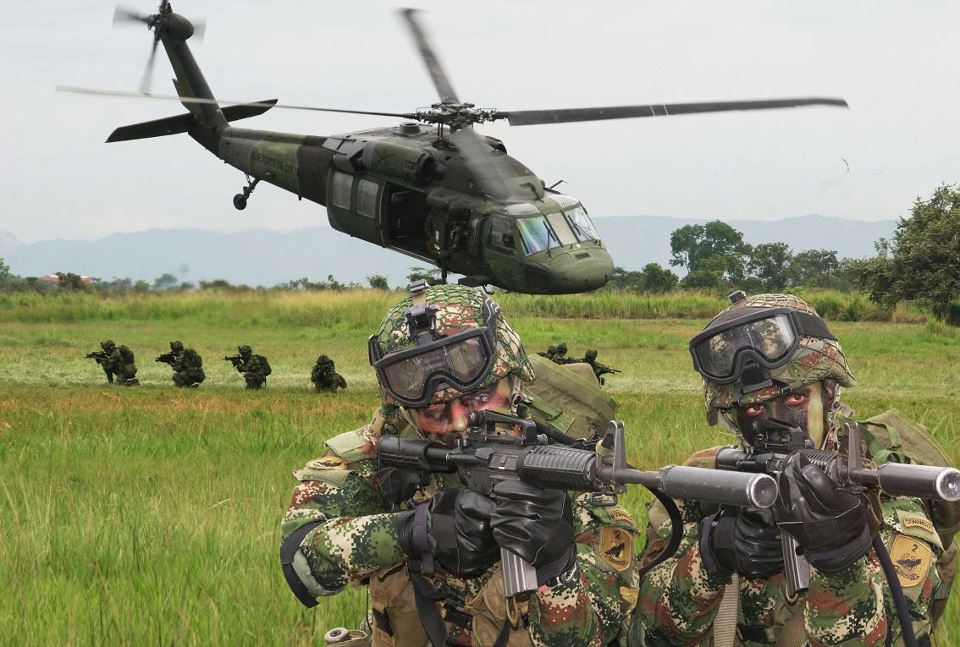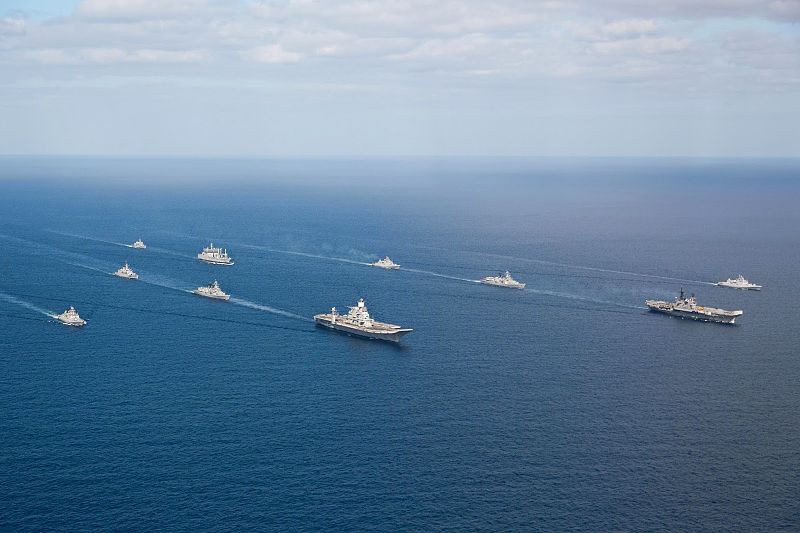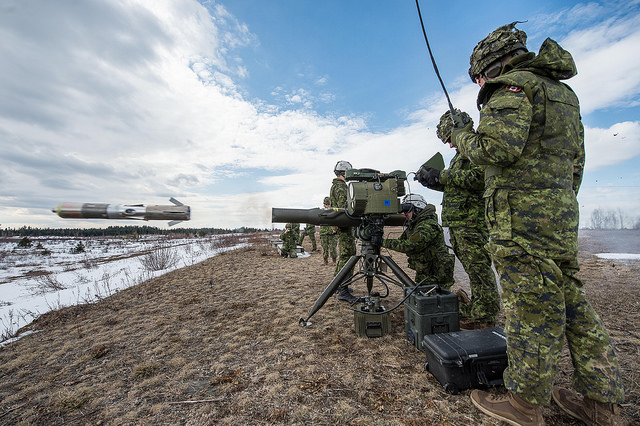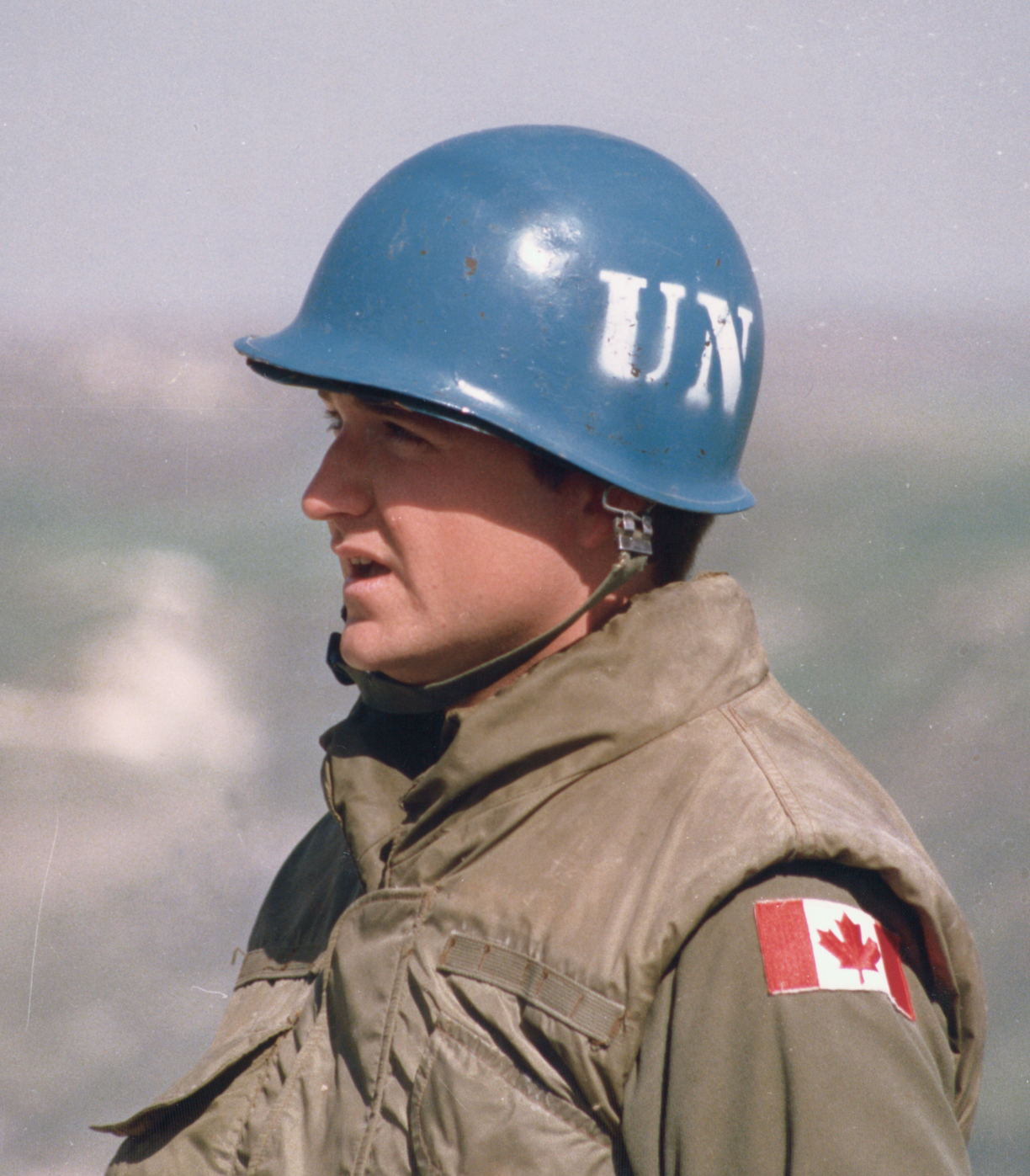As Canada prepares its bid for a non-permanent seat on the United Nations Security Council (UNSC) in 2021-2023, there had been considerable speculation that Prime Minister Justin Trudeau’s newly elected government would seek a support role for Canada in a current or future UN peacekeeping mission in Africa. After all, Canada previously provided strategic airlift in support of a French deployment to Mali, setting the foundations for the UN-mandated Multidimensional Integrated Stabilization Mission in Mali (MINUSMA) in 2013. However, recent reporting indicates that the Canadian Armed Forces may instead play a role in guaranteeing a peace deal under negotiation between the Colombian government and the insurgent Revolutionary Armed Forces of Colombia (FARC), which have been embroiled in war for more than 50 years.
Colombia’s civil war emerged in 1964 and has since left approximately 220,000 dead. After three years of talks in Havana, Cuba, Colombia’s President Juan Manuel Santos said in March 2016 that he was confident a peace deal would be reached “in the very near future”. In such an eventuality, the UN, or less likely a regional body like the Organization of American States (OAS), could be called upon to verify a bilateral ceasefire and supervise the disarmament of paramilitary and guerilla groups. In May 2016, Mexican officials openly discussed collaborating with Canada on such a UN peacekeeping mission. With Mexico’s President Enrique Pena Nieto set to conduct an official visit to Canada in late June 2016, just ahead of the ‘Three Amigos’ Summit between the leaders of the three state parties to the North American Free Trade Agreement (NAFTA), peacekeeping in Colombia is likely to be an important topic for discussion.
Canada certainly has a stake in the success of the Colombian peace process. Beyond making the case for Canada’s seat on the UNSC and reinforcing Canadian ‘soft power’ in the Americas, Canada has enjoyed a Free Trade Agreement with Colombia since 2011. In 2012, Canadian exports to Colombia totalled $828 million, and the value of two-way trade between Canada and Colombia could grow as peace brings increased opportunities for prosperity in Colombia. A range of Canada-based companies are already involved in Colombia’s resource extraction industries, including gold mining and oil, and could also gain from Colombia’s increasingly attractive outlook for international trade and investment.
There has also already been considerable Canadian investment in Colombia’s peace and security. The Royal Canadian Navy (RCN) routinely participates in Operation Caribbe, a multinational effort to combat organized crime and narcotics trafficking in the Caribbean and on the Central American coast. RCN vessels have intercepted significant shipments of cocaine and marijuana bound for the United States from Colombia, denying FARC a valuable source of income for its guerilla campaigns. Through its participation in the annual Exercise Unitas, the RCN also supports the development of the Colombian Navy’s capabilities. When Colombia and NATO signed an Agreement on the Security of Information and discussed deeper security cooperation in June 2013, Canada helped to broker the discussion.
Involvement in a UN peacekeeping mission in Colombia is in accordance with Canada’s best interests. It would not only demonstrate that Canada is indeed ‘back’, as Prime Minister Trudeau expressed at the 2015 Paris climate change talks, but it could also show a renewed focus by Canada on its relationships with other countries in the Americas.
Photo: Colombian Military Exercise (2012) by Mrnico1092 via Wikimedia Commons. Licensed under CC BY-SA 3.0.
Disclaimer: Any views or opinions expressed in articles are solely those of the authors and do not necessarily represent the views of the NATO Association of Canada.




